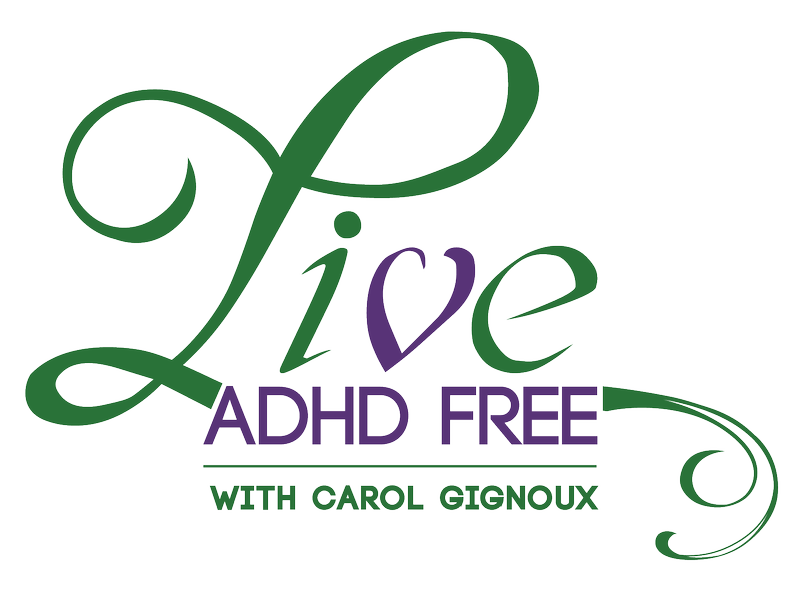ADHD, although a relatively new disorder, continues to see huge growth in diagnosis and treatment. What’s causing these ADHD trends? Is it the medical community’s awareness and education? Or, is that many first-world countries are meeting basic needs, enabling further consideration on what might be wrong? Is it the pharmaceutical companies and their money making prescriptions? It’s probably more a combination of a lot of factors. What once went undiagnosed or ignored is now being properly investigated and treated. ADHD is definitely a buzzword, but not all buzz is good. Growth trends aren’t always a good thing. Do more people now have ADHD or has it become a catch-all for bad behavior?
Researchers Identify Five ADHD Trends to Watch
In a research paper Social Science and Medicine, the authors look at five trends causing the most movement in ADHD growth. In their research, they looked at the growth in the UK, Germany, France, Italy, and Brazil. This is what they found:
Drug Companies Have More Flexibility to Market
Pharmaceutical companies have effective lobbyists. This has resulted in some countries relaxing the rules about marketing stimulants. However, only the US and New Zealand allow drug companies to market directly to consumers; that’s right only in these two countries will you see prescription drug commercials on TV.
Biological Psychiatry Is on the Rise
The model of psychoanalytic treatment with talk therapy is now shifting. This shift is toward biological psychiatry, which aims to understand mental disorders based on the biology. Psychiatrists are now more apt to treat psychological problems with drugs.
More Adopt DSM
The research revealed that European and South American clinicians (psychiatrists and psychologists) are using the American-based Diagnostic and Statistical Manual (DSM). DSM standards are broader and have a lower threshold for diagnosing ADHD, hence more diagnoses.
Advocacy Groups Working with Drug Makers
High-profile ADHD advocacy groups are actually working with drug companies. The groups are promoting and supporting medication as treatment.
More Information Online
Now, one only needs to open Google, and complete a quick search about what ADHD is and its symptoms. With more accessible information, people are more apt to self-diagnosis and seek medical treatment.
More Young Children Medicated in US
Looking back at the US, one trend has been widely publicized. According to the Centers for Disease Control and Prevention (CDC), there has been a 50% increase in the number or preschool kids taking ADHD medication from 2011 to 2018. The CDC previously “warned” that Americans may be overmedicating children. However, this is a bit out of context. There are many factors that indicate medication is helpful to control symptoms. But just medicating children isn’t a magic remedy. The medication may allow the child to concentrate better so that he/she can then study, learn, communicate, and much more. Should we all be freaked out about the CDD’s numbers? You’d have to look at all the factors to see if it’s time to sound the alarm. Bottom line, if your child is taking medication, make sure that are appropriate. Don’t consider them a substitute for ADHD coaching or therapy.
Older Adults Get First-Time Diagnosis
One trend, we’ve seen with our own eyes is that older adults are finally receiving this diagnosis. Many times a week, we hear this from individuals over 50. Their whole lives, they’ve been seeking answers to the question, “Why?” Yet, when they were growing up, their behavior and symptoms were just considered a choice. So, what do newly diagnosed adults do? Medication is one option, as is therapy. Many have found success with ADHD coaching.
ADHD Trends: Evolution Will Continue
ADHD will continue to evolve, as will its diagnosis and treatment. Looking at the current ADHD trends, there are many things that could happen next. New drugs could be developed. More children with ADHD will receive a combination of care so their transition into adulthood is less bumpy. There are many possibilities. We’ll keep listening to the community and our clients to best understand how ADHD coaching can help.


1 comments on “ADHD Trends in Diagnosis and Treatment”